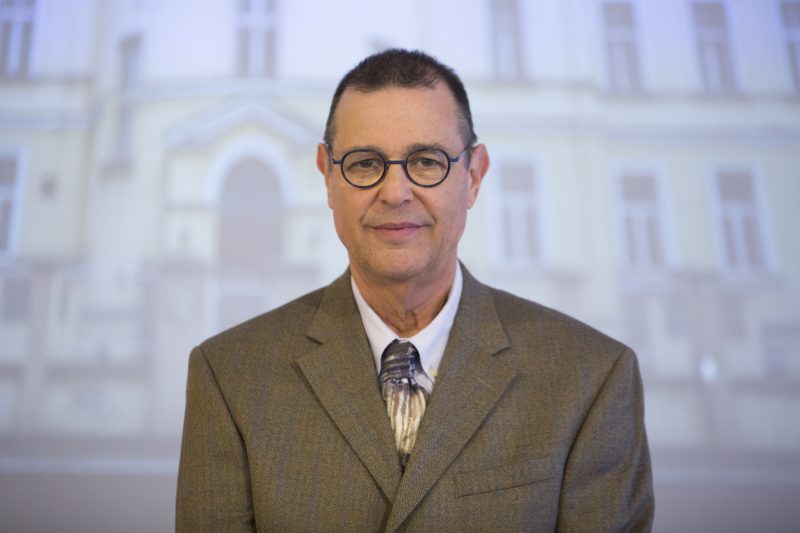Israel Holocaust Remembrance Day
Today, on May 2nd, we celebrate International Holocaust Remembrance Day. Jom Hazikaron LaSzoa is a national day of commemoration in Israel. The central ceremonies are held at Yad Vashem and are broadcast on the television. We invite you to read the article by Professor Daniel Blatman, a chief historian of the Warsaw Ghetto Museum`s main exhibition, on this subject.
Holocaust Remembrance Day in Israel was first announced in 1951 after several years of discussions that took place in the Jewish Yishuv in Palestine since the end of the Second World War. There was a consensus about the need to find a suitable date for such a memorial day. However, April 19th, the date of the outbreak of the Warsaw Ghetto Uprising did not correspond with the wish to create a broad public agreement in Israel regarding this day. Memorial days are set in Israel according to the Hebrew calendar, and the 14th of the Hebrew month Nissan (April 19th in 1943 when the Warsaw uprising broke out) is the eve of the Passover holiday, a date which does not fit for a memorial day. Thus, in 1951, the time was set for the 27 of Nissan, a day that since the 1930s, before the establishment of the state of Israel, was determined as a memorial day for the victims of the Jewish struggle in the Land of Israel.
In 1951 the Holocaust Memorial Day did not have a state official status. It also had no mandatory customs or content. The need to institutionalize patterns of national memory concerning the Holocaust became crucial after a serious of public controversies that tore up the Israeli society in the 1950s around Holocaust-related issues. The most important was the „Kastner trial” in 1954 that shocked the young state of Israel over the subject of the alleged collaboration of Jewish leadership in the Holocaust with the Nazis. Also, a public storm broke out over terrible mismanagement that affected the memorial work of Yad Vashem Institute, which was established just a few years earlier. Organizations of Holocaust survivors in Israel and overseas exerted pressure on Knesset members to set a state official Holocaust Memorial Day. The fear was that if the state did not shape the memory of the Shoah in an orderly and uniformed manner, the historical significance message of the Jewish catastrophe would be lost in the pettiness of political controversy that was widespread in the 1950s and polarized Israeli society. Another fear was that different political groups, such as the socialist youth movements, Betar, or the Orthodox circles would set a separate Holocaust Memorial Day according to the circumstances which are appropriate to each movement’s history or narrative.
On April 8th, 1959, the Knesset accepted the law concerning a state official Holocaust Martyrs and Heroes Remembrance Day – Yom Hazikaron LaShoah. The new state official memory day was designed respectively to the state Memorial Day for the Fallen Soldiers of Israel which had existed since 1951. On the eve of Yom Hazikaron LaShoah all places of entertainment are closed as well as restaurants, theaters etc., and a state memorial ceremony is held at Yad Vashem with the participation of all heads of state. On the following day, public and educational memorial events take place in schools, academic institutions, Holocaust museums and in the Knesset. Over the years, the Holocaust Martyrs and Heroes Remembrance Day has become one of the two most important days of remembrance of the State of Israel, second in importance only to the Memorial Day for the Fallen Soldiers. The day and the events accompanying it has shaped the pattern of Shoah remembrance in Israel and contributed to the fact that the Holocaust has become a defining event in Israel’s historical memory and an essential component of the collective identity of the Jewish state.
Prof. Daniel Blatman – the Max and Rita Haber Professor in Contemporary Jewry and Holocaust Studies at the Hebrew University of Jerusalem. The Head of the Avraham Harman Research Institute of Contemporary Jewry and the former director of the Centre for the Research on the History and Culture of Polish Jewry at the same university. He has worked on the history of the Jewish labour movement in Eastern Europe, the Holocaust in Poland, Nazi annihilation policy and the 20th century genocide.


